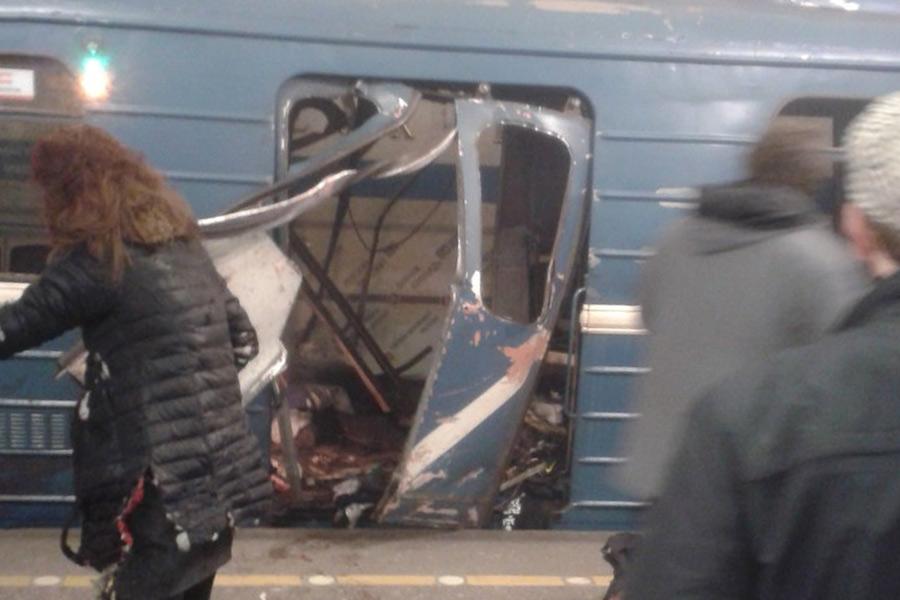Putin’s leadership exploits the fear of Russians caused by terror attacks to maintain their self-perception as a victimized defensive part in relations with the outside world, the British-Georgian media expert and strategist Zurab Kodalashvili has argued in an interview with Euromaidan Press.
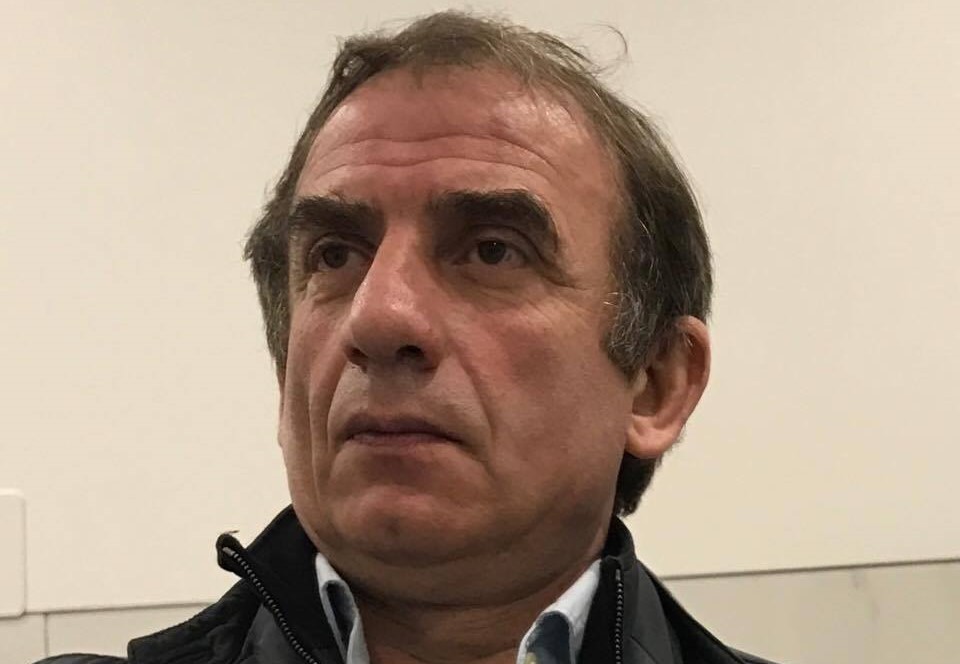
Kodalashvili, who served as a senior consultant for BBC Media Action and divisional director at Radio Free Europe and has an extensive experience in conflict-related journalism, says that by this tactic, the Kremlin justifies any violent action on its part (from the suppression of domestic protest to the foreign aggression) as a necessary step to protect the security and interests of the Russian population.
This media technique, he explains, was first applied as early as September 1999, when a series of apartment bombings took place in Moscow and two other Russian cities, Buynaksk and Volgodonsk. The central authorities assigned the blame for the tragedy, which resulted in the death of more than three hundred people, to the Chechen secessionists. By the time, Vladimir Putin had moved from Russia’s Federal Security Service (FSB) headquarters to the prime minister's office. Three and a half months later, minutes before New Year 2000, President Boris Yeltsin officially announced FSB reserve colonel Putin as his successor.
A number of public figures who had investigated the possible involvement of Russian authorities and their special services in the 1999 bombings were killed under strange circumstances during Putin’s first and second presidential terms. Among them were members of the Russian parliament Sergei Yushenkov and Yuri Shchekochikhin (a close friend of Kodalashvili), as well as former Secretary of the Security Council of the Russian Federation General Alexander Lebed, journalist Otto Latsis, and ex-FSB officer Alexander Litvinenko.
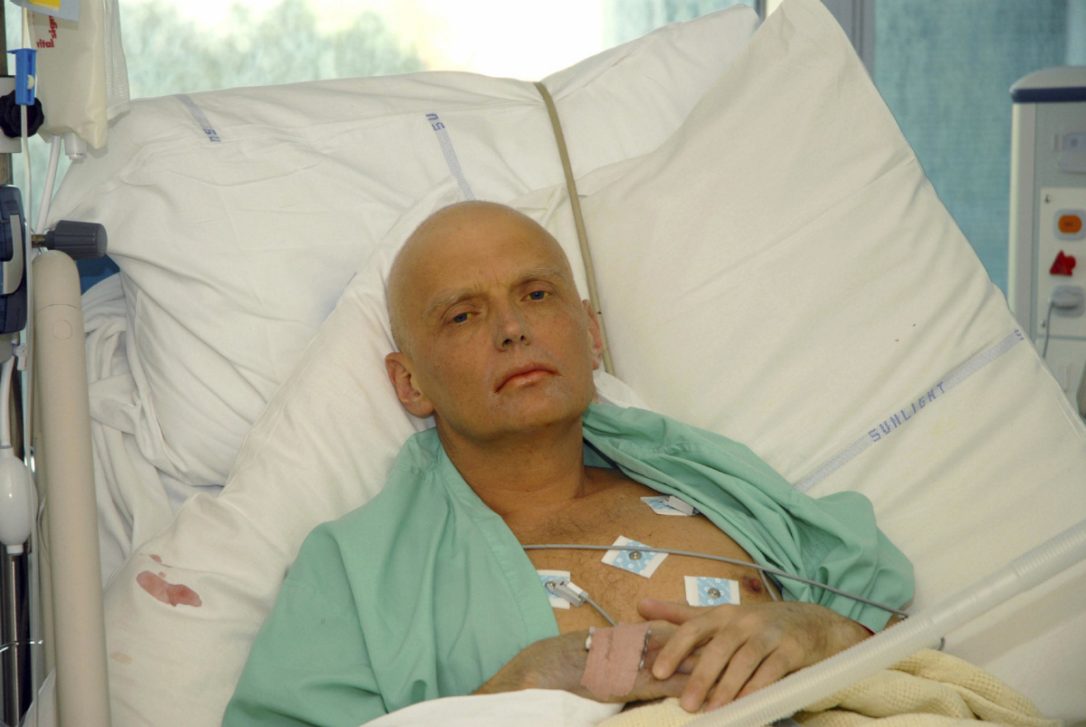
They made Russian citizens complicit in all the sins and abominations committed by Putin and Chekists
The atmosphere of fear in the Russian society, triggered by the acts of terrorism, served as a pretext for the start of the Second Chechen War (1999—2009), which enabled to create the “strongman” image of Putin, a little-known official by mid-1999. By his “war on terror,” Putin excused the rise of a rigid authoritarian regime while pretending to be a partner and ally in the eyes of Western politicians, particularly after 11 September 2001.
At the same time, having established its control over domestic media, the Kremlin started to impose an opposite perception on its own citizens: that the West allegedly masterminded the siege of Russia by evil forces. Russia, stresses Zurab Kodalashvili, has been constructing itself for many years as a nation at war against the US and EU, although many Americans and Europeans find it hard to believe this:
“Psychologically, they [Russians] are at war. They know that ‘the West is bad, it’s even worse than the enemy.’ They can go there on the vacation, they can spoil something there. ‘Yes,’ [Russians think about the West,] ‘they have good clothes and good food, so what? We’ll have a rest there but then come back and defend our country. They [the Westerners] will attack; they want to seize our land, our gas, and our oil’.”
The siege mentality prevents a huge part of Russian population from addressing the alternative sources of information about the world, despite the Internet made them easily accessible—which was not the case with the Soviet people during the Cold War:
“What did Putin and his media do first? They made Russian citizens complicit in all the sins and abominations committed by Putin and Chekists [state security officers]. When they [the authorities] do something, they say: ‘it’s us, Russians.’
They’ve hammered into the heads of Russians that an attack on Putin means the attack on Russia. ‘Putin is Russia, Russia is Putin.’ Hence, ‘they attack you’—every Russian. And that’s been hammered into the heads of Russians twenty-four hours a day via TV, newspapers, and radio: ‘Putin is Russia, Russia is you, you and Putin.’ One body. Therefore, Russians are in a ‘defensive’ position.”
Our conversation with Zurab Kodalashvili took place almost a month before April 3, when the explosion in the metro of St. Petersburg (the second largest city in Russia, former imperial capital, and birthplace of Putin and his prime minister Medvedev) took the lives of fourteen people.
This terrorist attack occurred a week after the wave of mass protests against corruption in Russian government swept over the country on March 26, ending in the police detention of hundreds of activists. The protesters mostly referred to Medvedev as the symbolic incarnation of corruption; the recent survey demonstrated the greatest index of mistrust of him in Russia over the last ten years of his political career. However, the chants like “Russia without Putin!”, “Putin is a thief!” (Putin—vor, which also sounded like “Putin—war”), and “Impeachment!” were also well heard at the rallies.
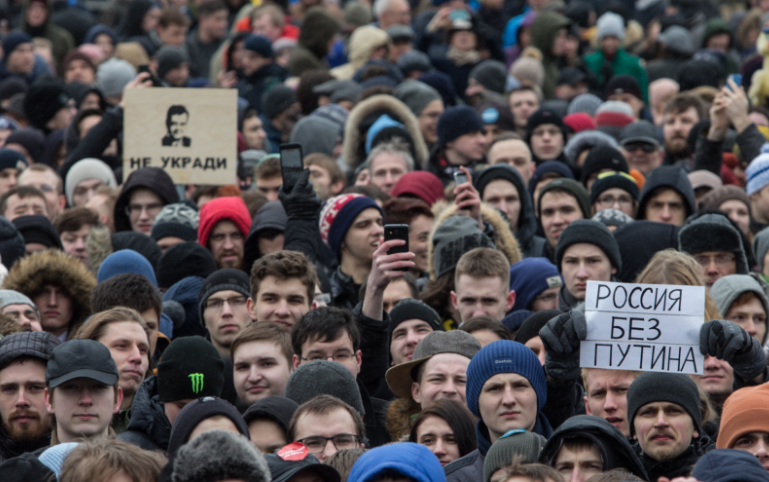
An unexpectedly large number of protesters made Kremlin’s critics throughout Russia and beyond enthusiastic about the future democratic movement against the dictatorship. The metro bombing led to an immediate change in the information agenda.
One of the most famous Russian political emigres Mikhail Khodorkovsky, who had served ten years in Putin’s prison, wrote on the day of the metro bombing that the tragedy blurred the differences between the regime supporters and the opposition. “Today we are all in the same boat regardless of views, rank, and age,” he stated. “What matters is that we are together.” Such an impulse, while understandable from the human point of view, shows that terror attacks in Russia objectively work for the authorities’ benefit, allowing to shift the attention from civic protest sentiments to the existential danger that touches upon everyone. Khodorkovsky practically admitted this point three days later.
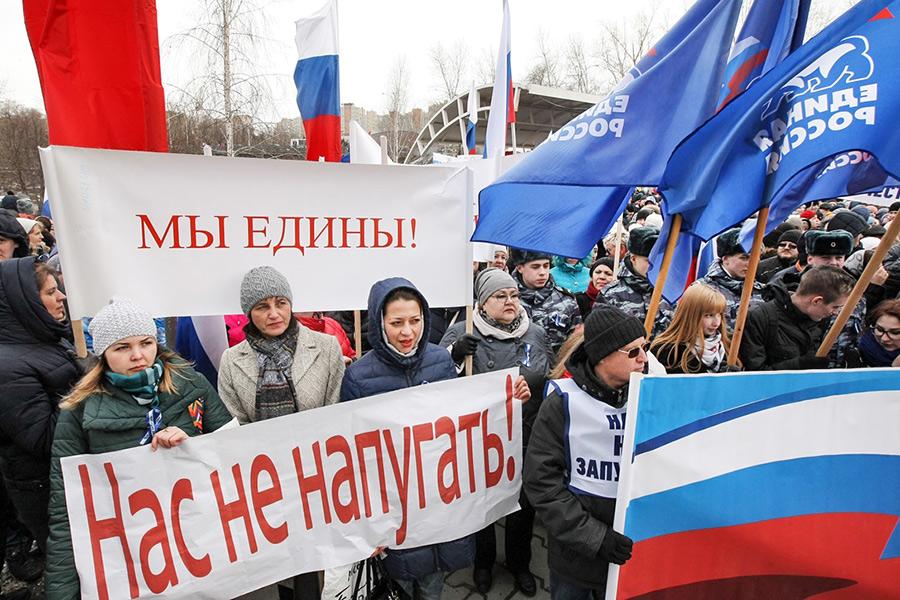
Read also: Putin’s exploitation of terrorist acts – his rule’s one constant – must be fought, commentators say

